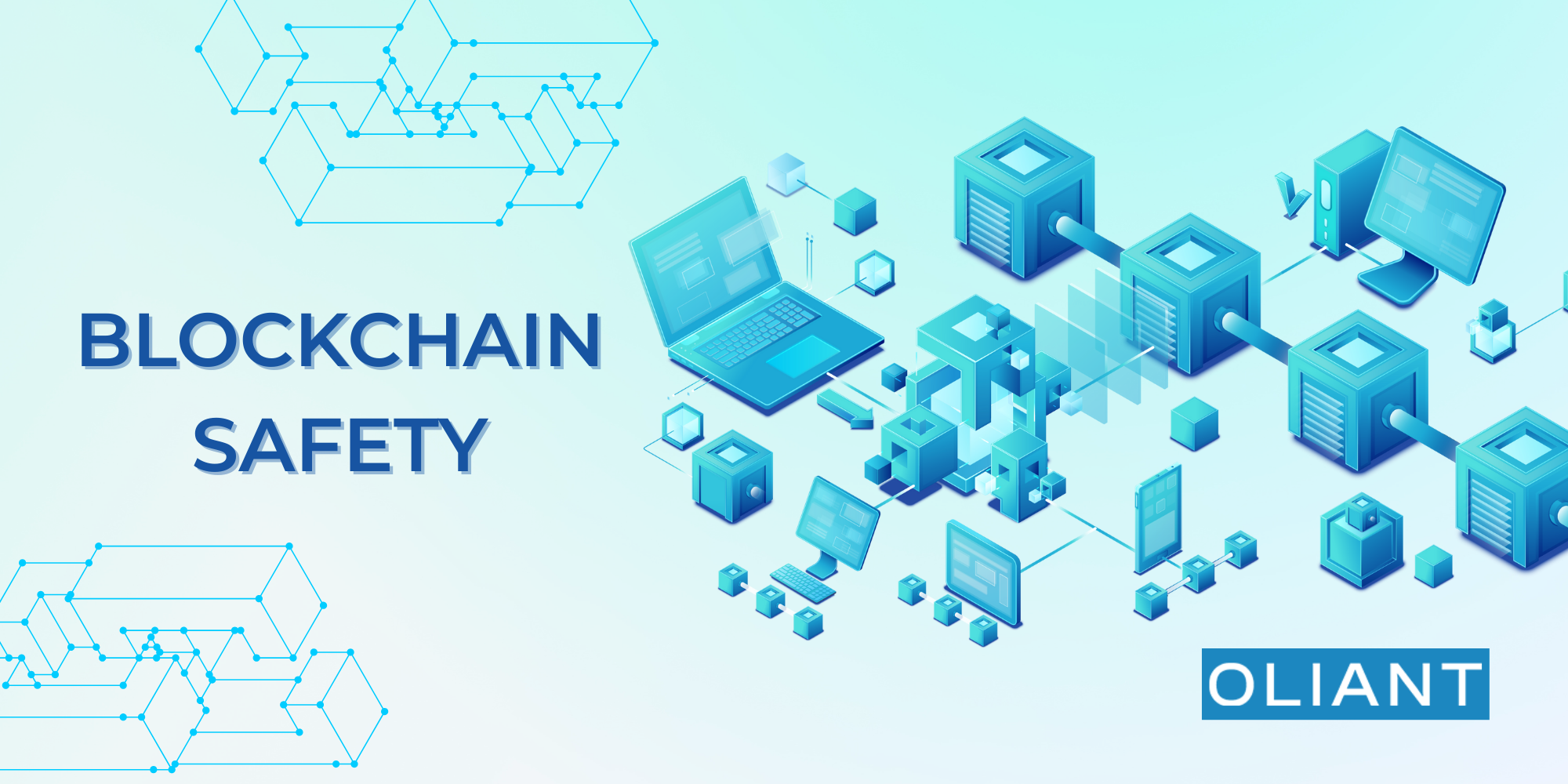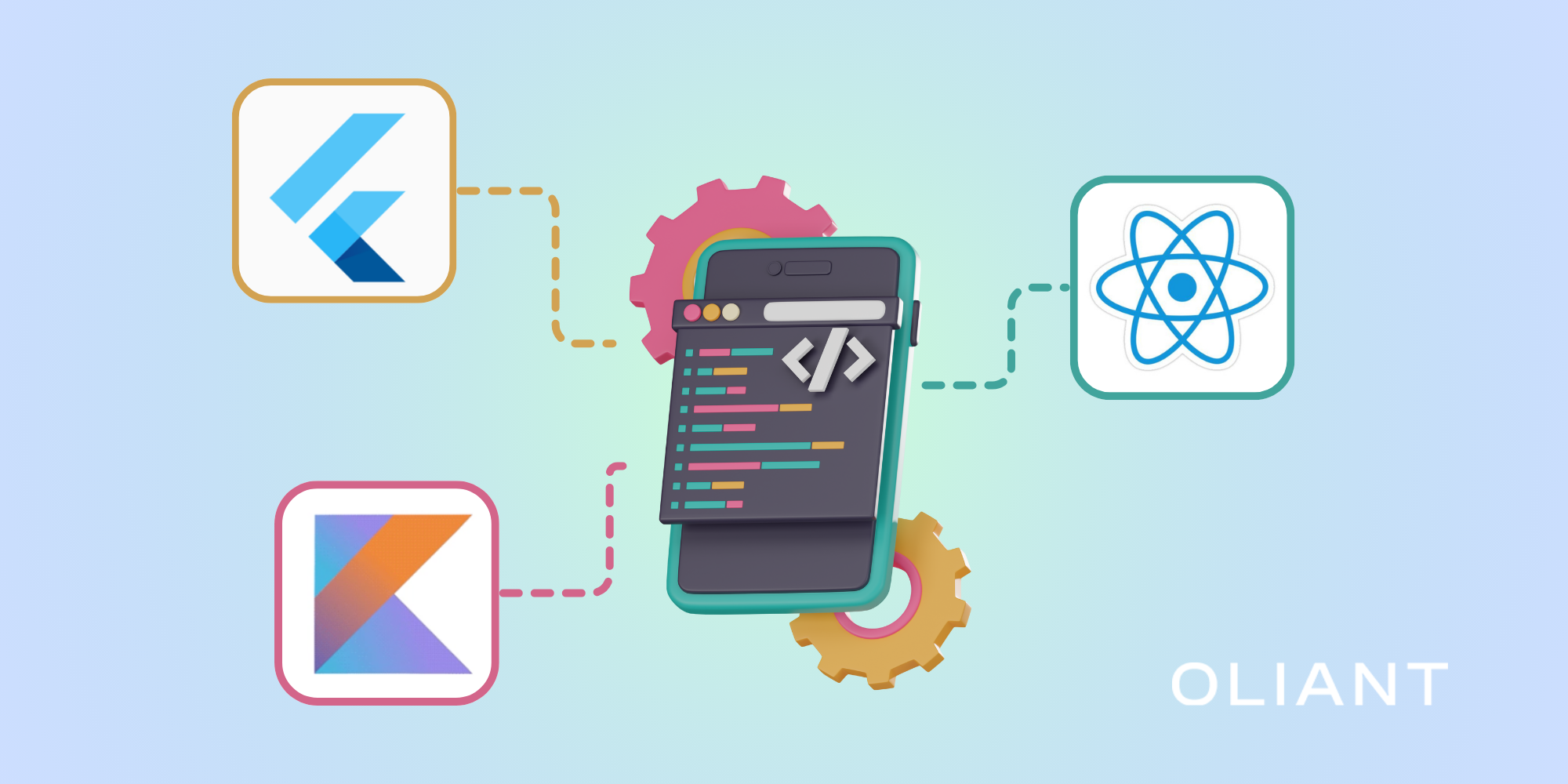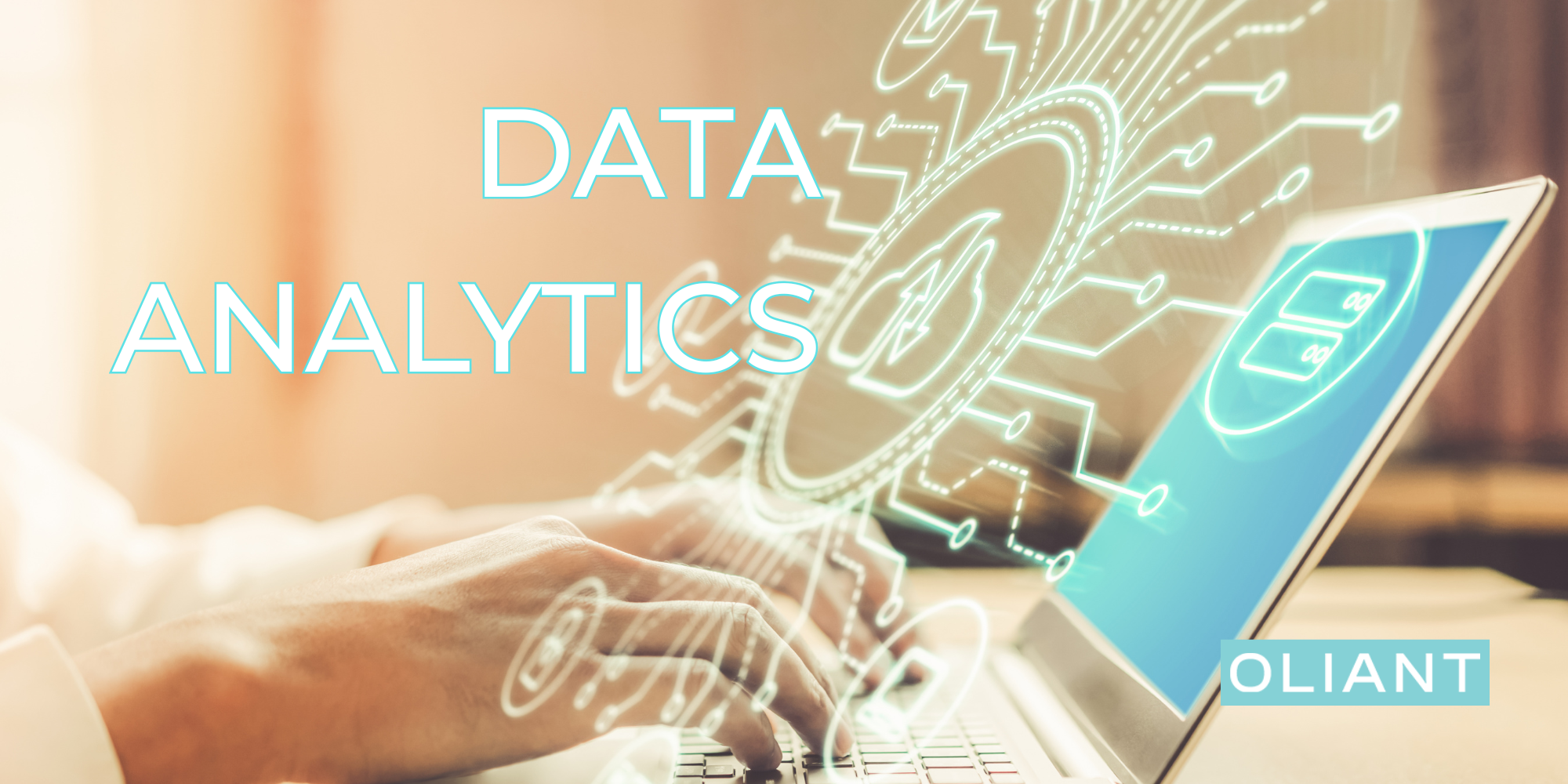For businesses everywhere, staying up to date with new technologies like cloud computing, machine learning, and AI (artificial intelligence) tools will be essential to staying competitive in the job market.
Currently, both data science and data analytics are expected to play a key role in future technological advances, changing business needs, and emerging trends in AI, automation, and data ethics.
While many people toss around terms like “data science,” “data analysis,” “big data,” and “data mining,” even the experts have trouble defining them, which is why roles like data scientists and data analytics are so vital. So, what do these positions currently look like? And what could they look like in the future?
Data analytics vs. data science
Both scientists and analytics work with data, this much is clear, but the main difference lies in what they do with that data. A data scientist predicts the future based on patterns from the past, while a data analyst extracts meaningful insights from that same data.
From the future that needs to be predicted, the data scientist asks questions, the data analyst, on the other hand, takes care of answering them. Data scientists also extract information from multiple data sources, while the data analysts typically work with just one.
In terms of their areas of application, a data analyst focuses exclusively on business problems, the data scientist, on the other hand, works beyond this scope. Regarding their tools, data scientists often use Machine Learning techniques to extract information, while data analysts typically rely on programming languages (such as R, Python, etc.) to analyze data.
Working in data analytics
The responsibility of data analysts can vary across industries and companies, but fundamentally, data analysts utilize data to draw meaningful insights and solve problems. They analyze well-defined sets of data using an arsenal of different tools to answer tangible business questions: e.g., why sales dropped in a certain quarter, why a marketing campaign fared better in certain regions, how internal attrition affects revenue.
Data analysts have a range of fields and titles, including database analyst, business analyst, sales analyst, financial analyst, marketing analyst, operations analyst, and many, many more. The best data analysts have both technical expertise and the ability to communicate quantitative findings to nontechnical colleagues or clients.
Experts in data analysis can come from a variety of places; some have a background in mathematics and statistics, or they supplement a nonquantitative background by learning the tools needed to make decisions with numbers. Some data analysts choose to pursue an advanced degree as well, such as a master’s in analytics, in order to advance their careers.
Data analytics tools
Top data analyst skills include data mining/data warehousing, data modeling, R or SAS, SQL, statistical analysis, database management and reporting, and data analysis.
Data analytics responsibilities
Data analysts are often responsible for designing and maintaining data systems and databases, using statistical tools to interpret datasets, and preparing reports that effectively communicate trends, patterns, and predictions based on relevant findings.
Working in data science
Data scientists, on the other hand, estimate the unknown by asking questions, writing algorithms, and building statistical models. The main difference between a data analyst and a data scientist is heavy coding. Data scientists can arrange undefined sets of data using multiple tools at the same time and build their own automation systems and frameworks.
Drew Conway, data science expert and founder of Alluvium, describes a data scientist as someone who has mathematical and statistical knowledge, hacking skills, and substantive expertise. As such, many data scientists hold degrees such as a master’s in data science.
Data science tools tools
Top data science skills include machine learning, software development, Hadoop, Java, data mining/data warehousing, data analysis, Python, and object-oriented programming.
Data science responsibilities
Data scientists are typically tasked with designing data modeling processes, as well as creating algorithms and predictive models to extract the information needed by an organization to solve complex problems.
The data analytics and data science market
Although for newcomers looking to get into tech the industry might seem bloated and overwhelming, this shouldn't be taken as a discouragement.
Data scientist, Egor Howell has mentioned he believes the market will be further expanding in the future, saying “Regardless of the time or year, people will always say the market is bad. When I left university in 2021, people said the market was terrible. It’s never a good time, but it’s also always the best time in a way.”
Recently, many have predicted that the job market for data science and data analytics roles will remain strong through 2025, with some key trends driving future demand.
Data Science
According to a report from IBM, the demand for data scientists and data engineers will continue to outpace supply through 2025. With the growing implementation of machine learning (ML) and AI technologies, companies will seek professionals capable of developing predictive models and handling vast, unstructured datasets.
Machine learning, automation, and AI-driven solutions are increasingly integrated into products and services, which will spur demand for specialists in areas like natural language processing (NLP) and reinforcement learning.
Data Analytics
The rise of self-service analytics and low-code/no-code tools will allow more non-technical professionals to take on data-related tasks, shifting some of the demand toward business intelligence and data visualization specialists.
As a result, business analysts, data analysts, and BI professionals will continue to be in demand, though the roles may evolve to focus more on interpreting results and driving strategic decisions. In fact, a 2023 Gartner study indicates that the global analytics adoption rate in organizations will increase to 90% by 2025, further driving the need for skilled data analysts who can effectively communicate insights from complex datasets.
Trends in data analytics and data science
Looking toward 2025, we can already see several key trends are expected to shape the future of data science and analytics.
AI and Automation
The rise of AI-powered analytics tools and automated machine learning (AutoML) platforms will streamline data analysis, reducing the need for routine data wrangling tasks. While this will increase efficiency, it will also shift the role of data professionals towards more strategic and value-added activities, such as interpreting insights and making business decisions.
Data Privacy and Ethics
With increasing concerns over data privacy, there will be heightened demand for professionals in data governance and data ethics. By 2025, it is expected that data governance roles will become a critical part of the data team in organizations, ensuring compliance with regulations like GDPR and CCPA while maintaining ethical data practices.
Data Democratization
The proliferation of low-code/no-code platforms will empower non-technical employees to engage with data more effectively. However, this will also lead to the rise of new roles like citizen data scientists and analytics translators—professionals who bridge the gap between technical data experts and business decision-makers.
It’s clear that the fields of data science and data analytics are set to play an even more critical role in shaping business strategies and technological advancements by 2025. With the rise of AI, machine learning, and automation, professionals in both fields will be at the forefront of driving innovation and solving complex business challenges.
As demand for skilled data scientists and data analysts continues to grow, the roles are expected to evolve, with a greater focus on strategic decision-making, data privacy, and data governance.
The opportunities for professionals and organizations alike are vast, making now the perfect time to invest in developing the expertise that will define the next era of data-driven success.





















.png)





.png)



.png)










.avif)









.avif)
